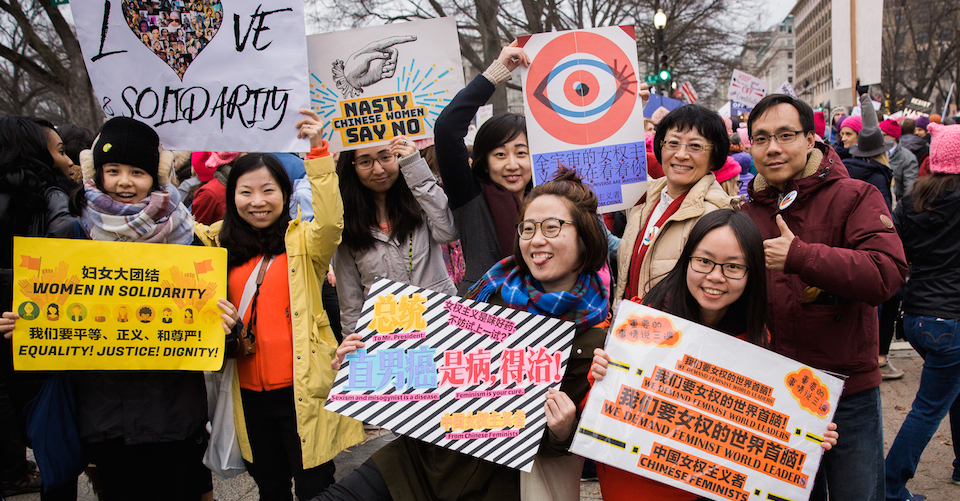Stay away from nine topics in online group chats, police warn – China’s latest society and culture news
A summary of the top news in Chinese society and culture for September 11, 2017. Part of the daily The China Project newsletter, a convenient package of China’s business, political, and cultural news delivered to your inbox for free. Subscribe here.

As a follow-up to the new set of regulations (in Chinese) on online groups unveiled by the Cyberspace Administration of China (CAC) last week, the country’s Public Security Bureau issued an urgent warning (in Chinese) on September 11, declaring that online discussions on WeChat, the all-encompassing and most popular messaging platform in China, are subject to the new rules, and that a few group chat administrators had been detained as punishment.
In the statement, the police department reiterated the core message of the regulations that all group chat members, especially organizers and administrators, should be responsible for their comments in cyberspace. In addition, the police listed nine taboo topics that every online chat group user should steer clear of.
They are:
- Politically sensitive topics
- Rumors
- Internal memos
- Content related to porn, drugs, and terrorism
- News regarding Taiwan, Hong Kong, and Macau that hasn’t been published by official sources
- Military data
- Information containing state secrets
- Seemingly fabricated video clips that defame or insult the police and are released by unknown sources
- Any other content that violates related laws and regulations
The police authority also presented a few cases as examples. In one instance, a male from Anhui Province, discontented with being caught driving while drunk, spread insulting content against the police and consequently was held in detention for five days for creating a disturbance. In another instance, some local residents in the city of Qianjiang, in Hubei Province, were criticized and educated by the local police after being found circulating petitions in a WeChat group to oppose a local government’s project. Although the group’s owner wasn’t involved in the dissemination of protest posts, he was approached by the police for not promptly stopping the group members’ acts of expressing inappropriate content.
-
Dating
First the diploma, then the date: How China’s educated elites find love / SCMP -
Food safety
CCTV says foreign milk powder doesn’t meet Chinese standards / Sixth Tone -
Controversies
Following pregnant woman’s suicide, hospital and family said to have come to agreement / Shanghaiist
Read the first two episodes of this sad saga on The China Project: 1, 2. -
Education
Why cities should open their gates to the children of migrants / Sixth Tone






